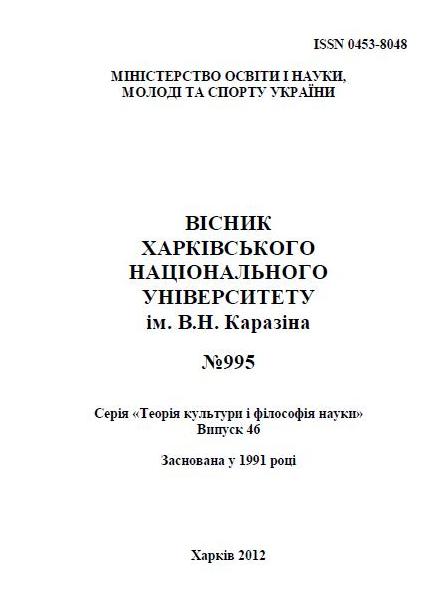KSZTAŁTOWANIE TWÓRCZEGO ODBIORCY
Abstract
Малгожата Тытус. Формирование творческого потребителя. Автор отмечает, что
журналисты поставляют своим работодателям темы востребованные, контроверсийные,
трагические, поскольку это продается лучше всего. Продолжается гонка за информацией, за
привлечением зрителя. Но можно ли считать это чем-то неожиданным? Едва ли. Важнее, что
чувствует зритель, что чувствует он просто как человек, и как доносимые до него вести
воздействуют на его психику, на его настроение, на его чувства. Сегодня профессия журналиста
стала одной из опаснейших по той причине, что журналист ответственен за суть, за форму, за
конкретного человека, а медиа сконцентрированы на подаче конфликтов, напряжения, на
демонстрации усложненного мира. Способ, в который люди используют материал средств
массовой информации, может быть источником в одинаковой степени как большого добра, так
и большого зла.
Сталкиваясь с серьезными и несправедливыми обвинениями в свой адрес, журналисты часто
прикрываются утверждением, что их заданием является только информирование о
действительном положении вещей. Несомненно, их задачу можно видеть и в этом собственно,
но это явно только очень малая часть. Анализ сути и формы передаваемой информации
подтверждает предположение, что в профессии журналиста наступила опасная
трансформация. Молниеносное сообщение, непосредственная подача существенных событий и
желание повлиять на публичное мнение без какого-либо вступительного анализа уничтожает
солидную журналистику, а тем самым не остается ни места, ни времени для формирования
творческого и мудрого получателя.
Естественно в этой ситуации задаться вопросом о том, насколько хорошо мы воспитываем
молодых творцов, молодых журналистов, а тем самым и способность творчески подходить к
восприятию новостей получателем. Отсюда и потребность провести анализ качеств молодого
поколения журналистов, а также принципы, которыми они руководствуются в своей работе.
Malgozhata Tytus. Forming of creative user. Journalists provide their employers popular,
controversial, tragic information, because this kind of information usually is “top-seller”. In various kind
of media we can observe information rush, gaining an audience, which also means gaining an
advertisers. “Moulding creative receiver” article tries to answer the question: Is there any moment to
think what an audience feels? What are the feelings of an ordinary man, which every day receive a huge
dose of important, but mainly superficial information? How this way of informing, influence his human
psyche, his actions and behavior? Analising news transmissions and the way of journalists’s work we can
observe that media focus mainly conflicts, pressures, and showing the world hard to understand.
Aformentioned analysis and conversations with active journalists shows that when they have to talk about
hard, controversial and unconfortable things, often use an excuse: our mission is informing, not
interpreting. This article clearly shows that “only informing” is not enough, because this kind of
evolution in understanding journalist’s mission is dangerous for whole idea of this profession. Fast
informing, being very close to important events, wish to influence public opinion without any preliminary
analysis destroy “honest journalism”; this way of destroying means total lack of space for moulding
creative an smart receiver. The article underline very serious need of clear and understandable way of
prepareing audiovisual material, because we can’t forget that TV broadcasting is still mainly unilateral.
The audience is unable to ask for repeating or specifying the information they receive. TV transmission
goes on, even if you are unable to understand the news immediately. Proper way of text prepareing is the
best way to relay the information to intentional receiver. Knowledge, skills and respect for the receiver
are absolutely necessary for creating reliable information. Ethical matters and journalist’s responsibility
are important part of this article because we can’t forget that journalists are responsible not only for
content and form, but mainly for real man. Numerous investigations proved breaking the rules of honest
journalism, conclusions from this kind of explorations will be unuseful for creative receiver. Receivers,
readers and listeners know that a lot of information, articles and audiovisual materials are often
modificated by their authors. Impartiality as the way of keeping cold distance, rejecting own emotions,
balance in presenting controversial matters in interventionist auditions are essential part of journalist’s
profession. Education for people working in mass media is absolutely necessary, especially if they are not
graduates of journalistic studies.
Keywords: contents, form, journalism, event, interpretation, respondent.




